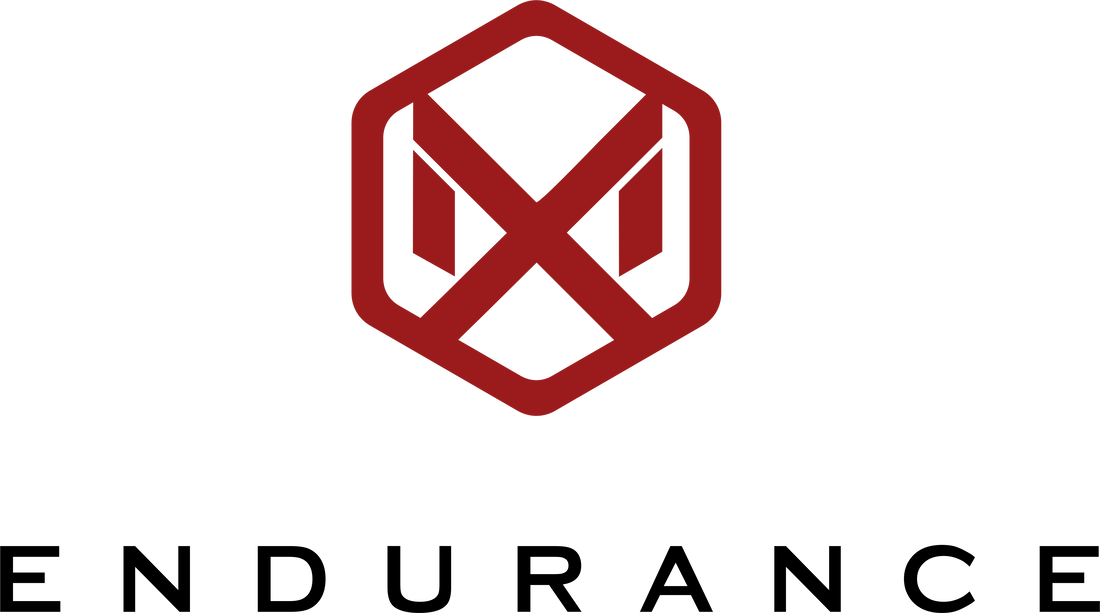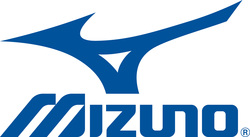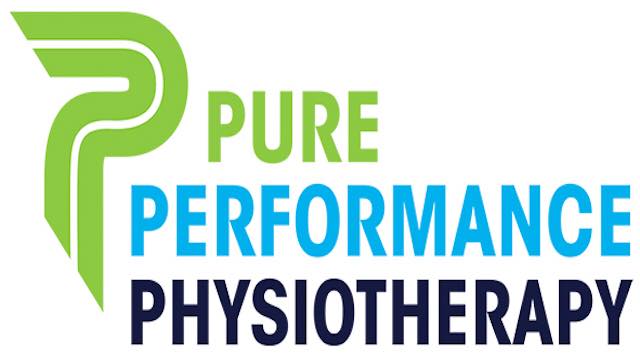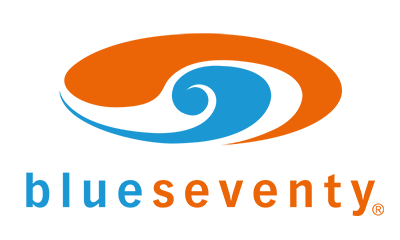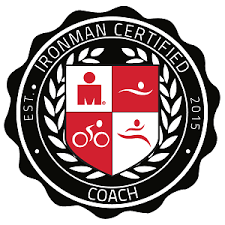|
Hi Everyone! I have been a triathlete for over a decade. Putting that in writing is actually quite weird to see. In so many ways, I still feel like I am a beginner. I am still trying to figure out how to optimise my performance. I am still trying to work out what I need to do to get myself to the finish line as fast as possible. I am on the precipice of a sub 2-hour Olympic Distance triathlon and my PB over the half distance is 4:06, but I know there is still so much I can learn and do to improve. Looking back at the last ten years, the biggest take away or benefit I have gotten from triathlon (apart from having more lycra in my wardrobe than a super hero does) is the structure it has given my life. Saturday is a long ride. Swim squad is on a Monday and Wednesday. Friday is my easier day and Wednesday and Thursday are usually pretty full on. I have learned to organise my life around my training to make sure I fit everything in. Including the athletes I coached, I had a fairly small tight-knit community within the sport that made up my social circle. We were all fiends for triathlon; we ate up all that the sport had to offer. We would watch classic races and dissect the performances. We would have arguments about who the best of all time was and loved taking sides in the great debates like Macca vs. Crowie. Over two years ago I managed to achieve what many people would dream about. I turned my passion for triathlon into a career. Triathlon became not only the sport I love, but also my job. But now that my job is triathlon and I deal with triathletes of all walks of life on a daily basis, I realise that we were an aberration. You see, triathlon has a problem. A problem that I am becoming more and more aware of in recent weeks. Triathletes don’t stay triathletes for very long. I am a big believer that to consider yourself a triathlete you need to swim, bike and run. You don’t need to do an Ironman or qualify for 70.3 Worlds or ride a $10k bike. It is more about living that swim, bike, run lifestyle. So how to put this delicately… I think the problem with triathlon is that we all take ourselves a little too seriously. I am happy to put my hand on my heart and say that I absolutely take my triathlon incredibly seriously. I train hard and expect a lot out of myself. But I know that at some point over the last decade I got to a point when I realised, I was taking it too seriously and took measures to counterbalance my life. I am going to paint a ‘pathway’ through the sport and be honest, does this sound familiar? A person hears about triathlon. Maybe through a friend, or they saw a story about something to do with it. They do their race and enjoy it. They train a bit harder and do another race. They make a big improvement. They start thinking to themselves, ‘maybe I’m not too bad at this triathlon thing.’ They start to look into the pros. They use the professional performances as a yardstick to their performance and at the same time start paying attention to age group placings. They decide that they should take this a bit more seriously and get a coach and make even more improvements. The thought ‘maybe I could go pro’ enters their head. They train even harder and more determined than ever. Their coach starts telling them to back it off a bit, to focus on recovery. They keep pushing. They plateau or get injured and can never quite close the gap to the professionals. They realise that they will not go pro and give up on the sport realising that their obsession with triathlon has cost them more than a small fortune. Here is a second pathway. A person wants to do an Ironman. They have heard the stories, seen the tattoos, they want to challenge themselves. They train for it and do their Ironman. It is one of the hardest things they ever do. They hear the words “You are an Ironman” as they finish the race. They tick it off their bucket list and for the rest of their lives are able to dismissively state ‘Yeah I have done an Ironman’ whenever triathlon is mentioned. I know, I know. I am making sweeping generalisations here but I think that most of us will either know someone or be someone who has gone through something similar to this. I played team sport for most of my life. Even when I was well over 100kgs (I think that is about 57,000 pounds?) I could still rock up once a week for a game and have a few beers after the game. I was an athlete. I played weekly soccer with my mates. I watched games with them, had social gatherings with them and it didn't really impact the rest of my life too much. I had a moderate relationship with sport. That is a story that many people see as impossible in triathlon. We all hear that triathletes are a certain type of person. They are type A personalities that are laser-focused on their goal. But that is the problem that I think triathlon has. We need more moderation. Now I know I am so guilty of this but who says you need to race X number of 70.3s a year? Why do you need to do an Ironman every year? What is wrong with taking a few years to just focus on some local short course events? I have seen a real focus on making triathlon more ‘television-friendly’ but is that really what the issue is? I mean, watching an Ironman can be as exciting as watching Jan Frodeno on his indoor trainer (yes I am judging you!) but maybe the problem we are having with really making triathlon a long-term popular sport is the complete lack of moderation. We are all so certain of our own athletic prowess that we get caught up in what we are doing and lose sight of why we were all drawn to the sport. I bet it wasn’t really for a PB or a finisher medal. It was probably more for the challenge or the sense of self-achievement. I am writing this fully aware of how hard I have been chasing a certain result for years. I know that when I was within a minute of that time last year I contemplated giving the sport up. I mean 48 seconds is close enough right? But then I realised that while I love chasing PB’s and getting as fast as I can, I love the structure it gives my life. I love that it helps keep me in shape and how my training actually helps me to do my job better too. What will fix this issue? I don't have a definite idea. But I know that this obsession with chasing Ironman as the pinnacle of our sport is not the answer. Neither is trying to maintain 20+ hours of training a week or pushing ourselves to the point where injury is ‘just something you need to deal with.’ Maybe if we focus more on moderation in our training, racing and personal and professional life there will be less burnout? Maybe by focusing less on what is sexy, like how hard our training was, and focusing more on what is important like sleeping 8 hours a night? I am still waiting for the sleeping version of Strava where we give each other kudos for sleeping hard! Maybe by keeping more people in the sport will help to make more people want to watch it? I am sure as many people who are reading this article have ideas about how you could help ‘fix’ triathlon. But I think lots of people would have to admit that it needs to start with moderation. The candle that burns brightest doesn’t last and neither do the athletes. But what I really hope that you get out of reading this article is the realisation is that what makes triathlon great isn’t the top professionals, or the plastic age group trophies we chase -- or even the excuse to wear training clothes so much. What makes it great is the people who make up the community. I am constantly blown away by the stories I see come up from our MX members and despite not knowing what will fix triathlon I do know that the more of us that are triathletes, the better off we will all be as triathletes. So don't take it too seriously, instead, just remember to TRI!
1 Comment
Hi Everyone! I have decided to start publishing my articles from mxendurance.com here as well. Chances are you have had one or all of your race plans cancelled this year because of the big C-bomb. I am in enough triathlon circles to see the constant influx of announcements about cancellations, postponements and everything in between. What has really surprised me though is the many different reactions that I have seen. I am shocked to see how many people without races in the future have basically thrown in the towel and said, ‘If I don’t have anything to train for then why train at all?’ To me this does not compute. Not because anybody who has had this reaction is wrong but instead because that thought never crossed my mind. I travel and race a lot. Honestly, it is one of the perks and challenges of my job. Last year, I flew to Canada for four days to run a camp and race a Super League race. It was an amazing opportunity and experience – that left me sick for two weeks. As a sort of new year resolution this year, I decided that I wanted to race and travel less this year and focus on just really becoming a strong, efficient athlete. Now don’t go blaming me for the global situation we find ourselves in. I swear I wasn't secretly working in a lab so that I would be forced to stay closer to home. But maybe by explaining why I had decided to wind things down this year you might be able to understand why I think these ‘unprecedented times’ are actually a real opportunity for the longevity of you, dear reader, as a triathlete. Triathlon asks a lot of us. It is often a real struggle to fit everything in and when it comes down to it, chances are there are a number of things we neglect. For some of us it might be *cough* training *cough* and then for others it might be gym work, mobility work, adequate sleep, mindfulness or all of the things we know we SHOULD be doing but just cannot find the time to do. Next add in the demands of racing. The tuning up for an event with speed-specific work, dropping weight to get to race weight and the stress of travel, packing and the race itself will all ultimately impact on your ability to ‘do it all.’ I said to all of my athletes as soon as all of this started that to me, this is an extended ‘off-season’ and I am not talking about the "eat all the food and drink all the beer" off-season. I am talking about the "get strong, work on weaknesses or inefficiencies, base work" off-seasons that are extremely beneficial but also not very sexy. How many athletes are in the gym each week? We all know we should do it but as the training and intensity ramps up the gym is probably skipped because it leaves us sore and stiff and hard gym work and fast tempo work are not always each other’s best friends. But you want to be able to keep training harder and longer? You need the gym. How many pro athletes have you heard talk about the importance of resistance training as they age? Here is an opportunity to fit it in. What about sport-specific strength? Bike strength through low-cadence big-gear work is good for getting your FTP up but it does not directly relate to faster riding. It lays the base for it. Same with swimming. Strength-based swimming is good for burning the lats but you may find your pace per 100m dropping as a result of it. With a race on the horizon, these drops in speed can be alarming and can lead to some panicked conversations with your coach. By now you can probably see where I am going with this but basically, here is a period where we are all forced to slow down for a while. Being primed for a race is incredibly hard on the body. Being at race weight and ready to go can often lead to people getting sick or injured. Have you ever gotten sick before a race or right after it? So, by taking the need to be that ‘sharp’ away and understanding that focusing on making your body strong a period without racing becomes a huge opportunity to prime yourself for when racing comes back. Personally, I am training as much as I ever have but there is nowhere near the intensity I would usually train with and I am absolutely loving my training. I am seeing myself get stronger, I am eliminating niggles that have plagued me for years and I understand that when I do start to focus on specific race preparation, I will be better than ever before. The even better news is that if you want to, you can work on this without as much volume as you might usually do. Busy at work? Take a couple of extra days off to recover because strength training leaves you fatigued. This style of training does not require your 100% commitment because, again, there are no races coming up. If you are the person who has decided to stop training because you don't have a race coming up, ask yourself why do you train? Is it only because of race results or is it because of what being a triathlete does for you as a person and your life? I train to perform when I race, but I race and train to help me be healthy and fit. That doesn’t take a break and that’s why I can just change the way I train; I will not simply stop because I am not aiming for a specific race. You may completely disagree with me here and this honestly isn’t a plug for my coaching, but I think this is the ideal time to start working with a coach. Coaches will be able to use this time to really set you up for success. By working with a coach for an extended period of time you will see something much more than improved race results, you will improve your longevity as an athlete. If you don’t want to work with a coach, then maybe it is a great time to join a community like MX Endurance. While your motivation might be lacking, our community will hold you accountable and accountability will never run out. So while the state of the world isn’t great for those of us who love to swim, bike and run, with a shift in focus this could be one of the best things to happen to triathletes for a very long time. Either way, just make sure you remeber to TRI!
This article originally appeared on mxendurance.com |
TimI lost 50kgs though triathlon and completed the 2016 70.3 World Championships. Aiming to hit 4:05 for a 70.3, the same time it took me to complete my first Olympic Distance Triathlon. I want to bring as many new people to the sport as possible. Whether you are fit and active or want to make positive changes to your life. Archives
July 2020
Categories |
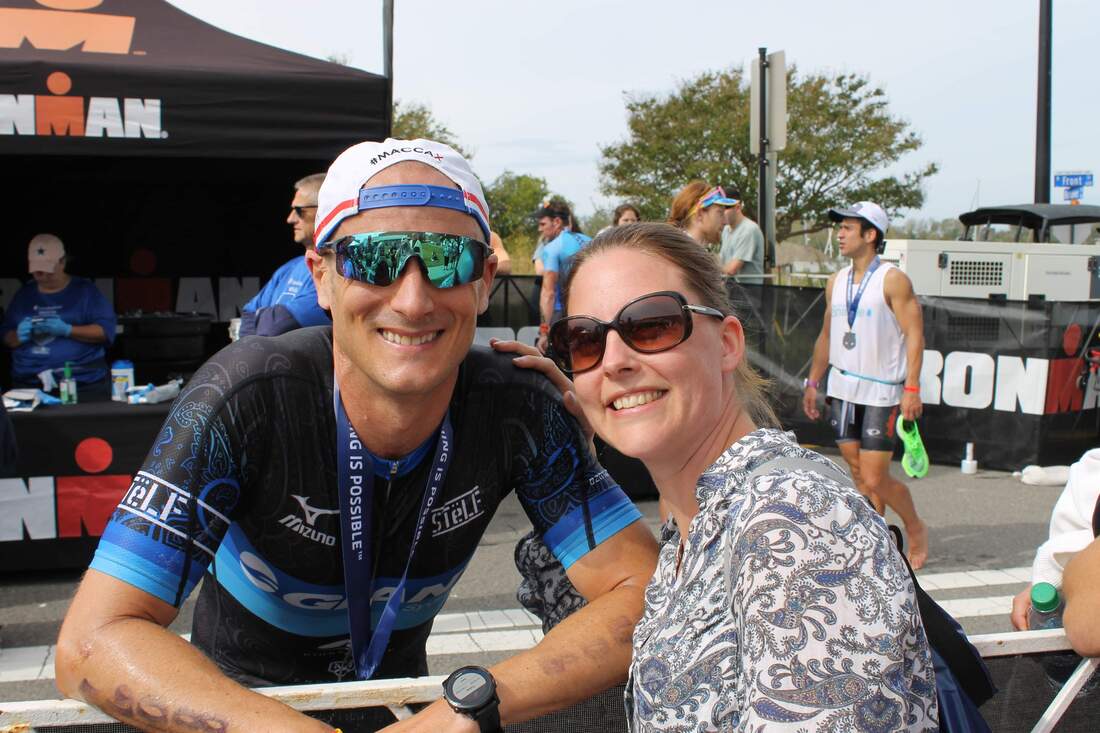
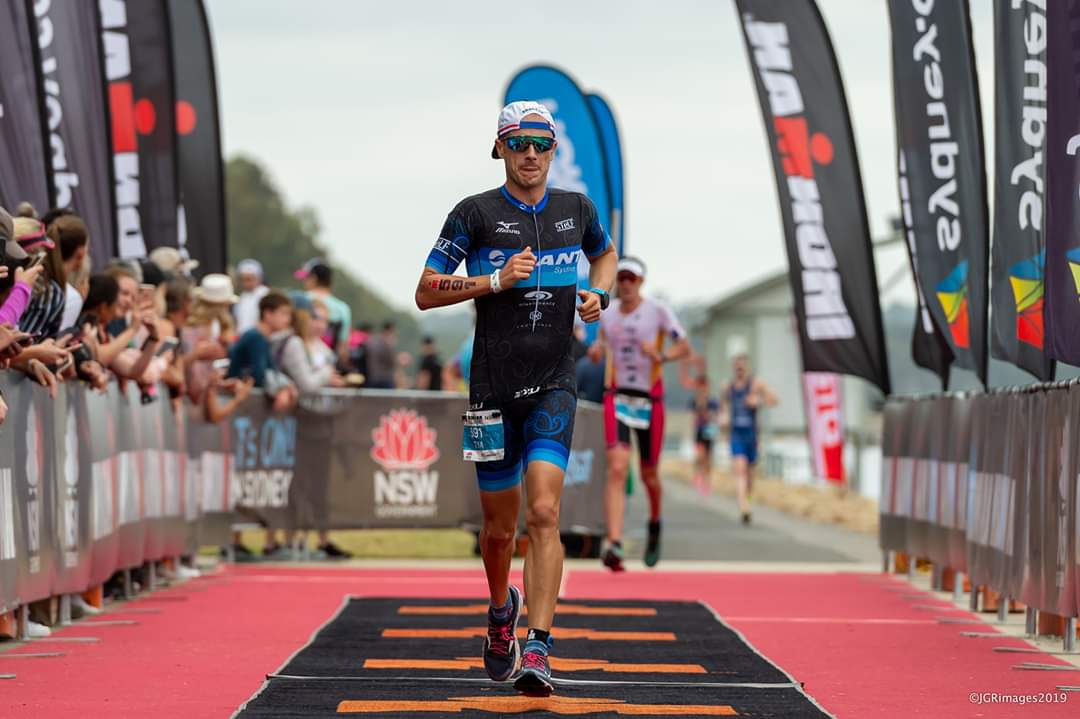
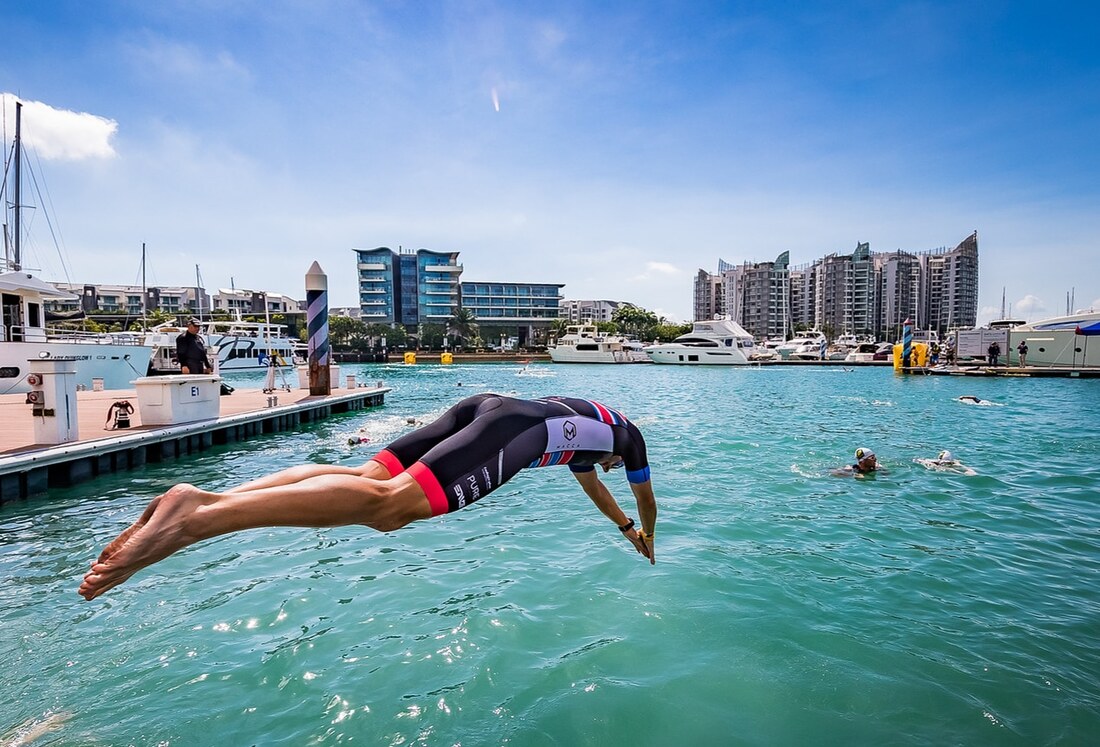
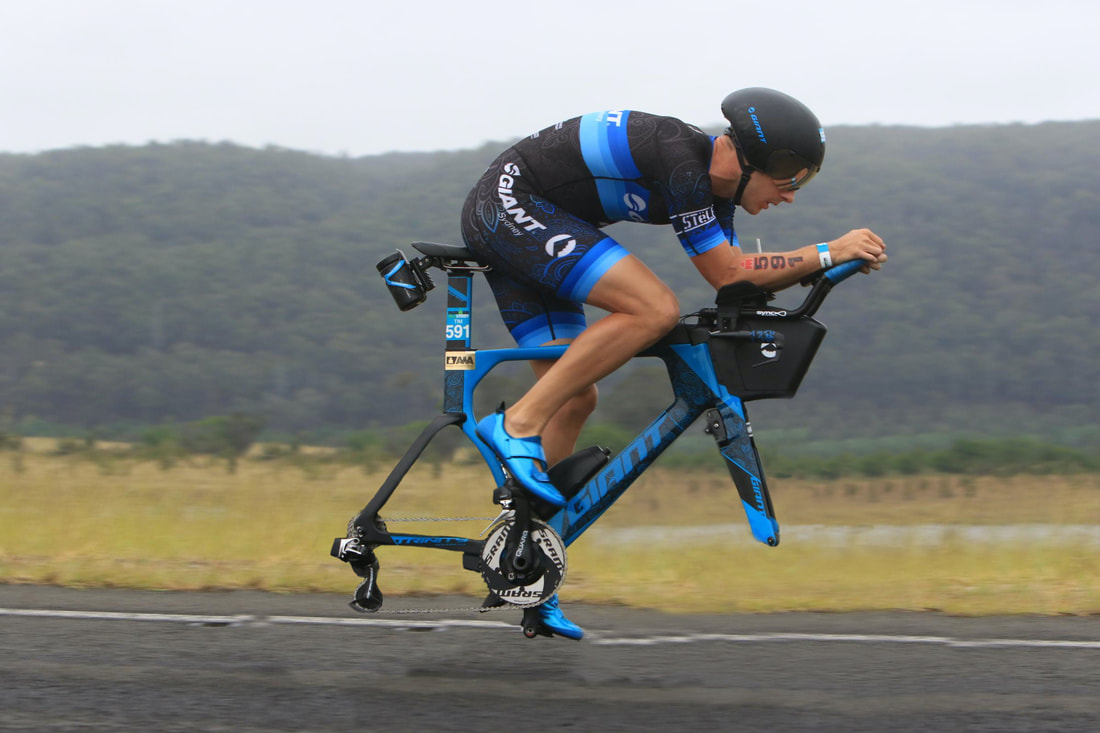
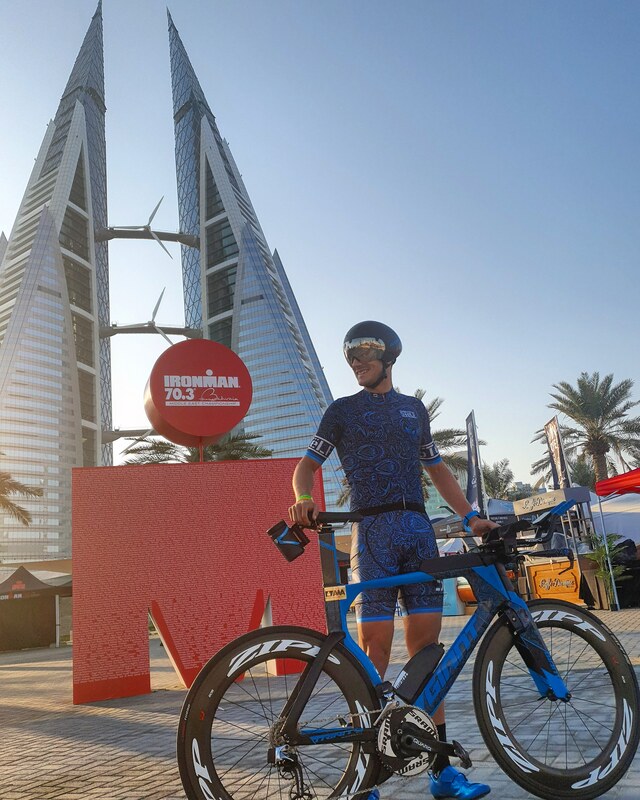
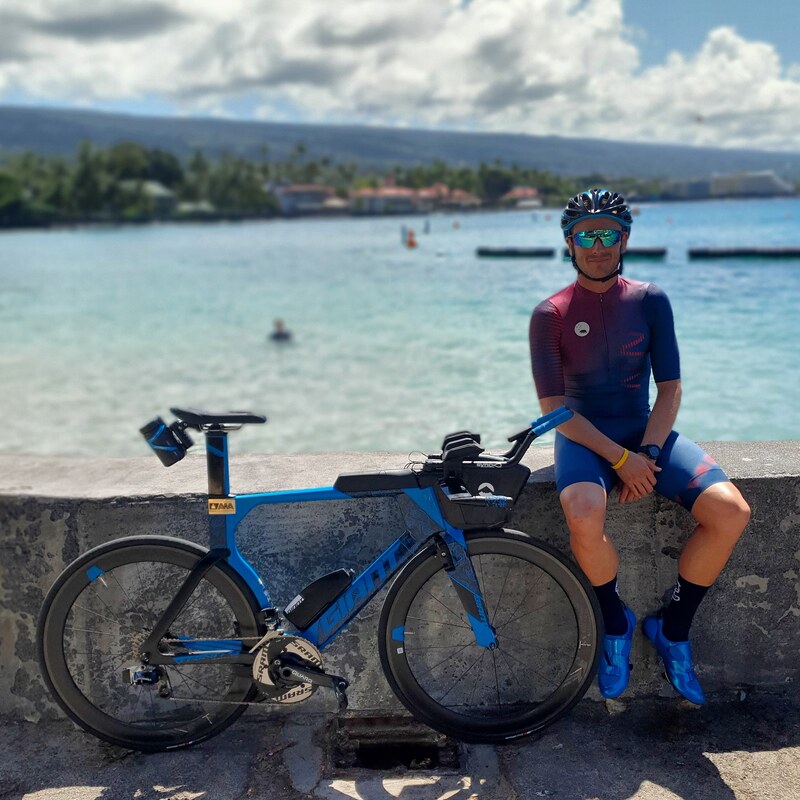
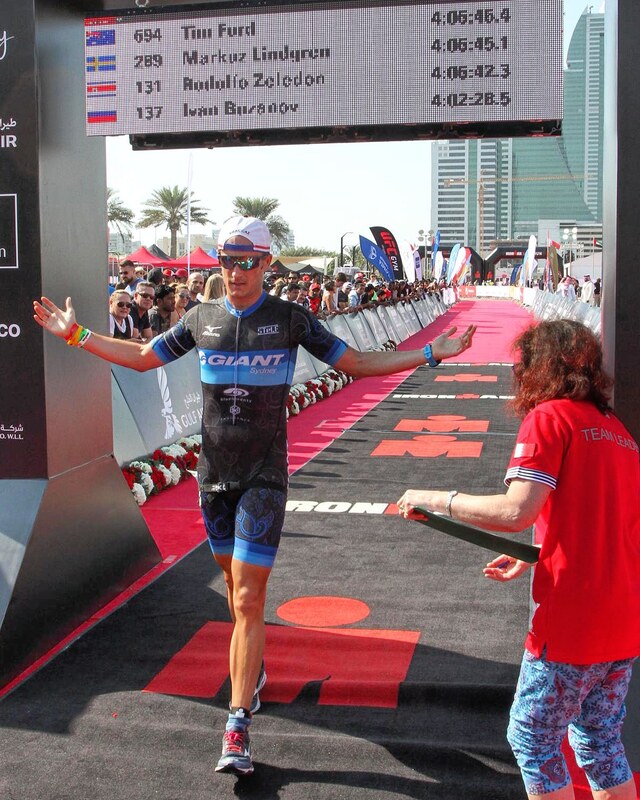
 RSS Feed
RSS Feed

